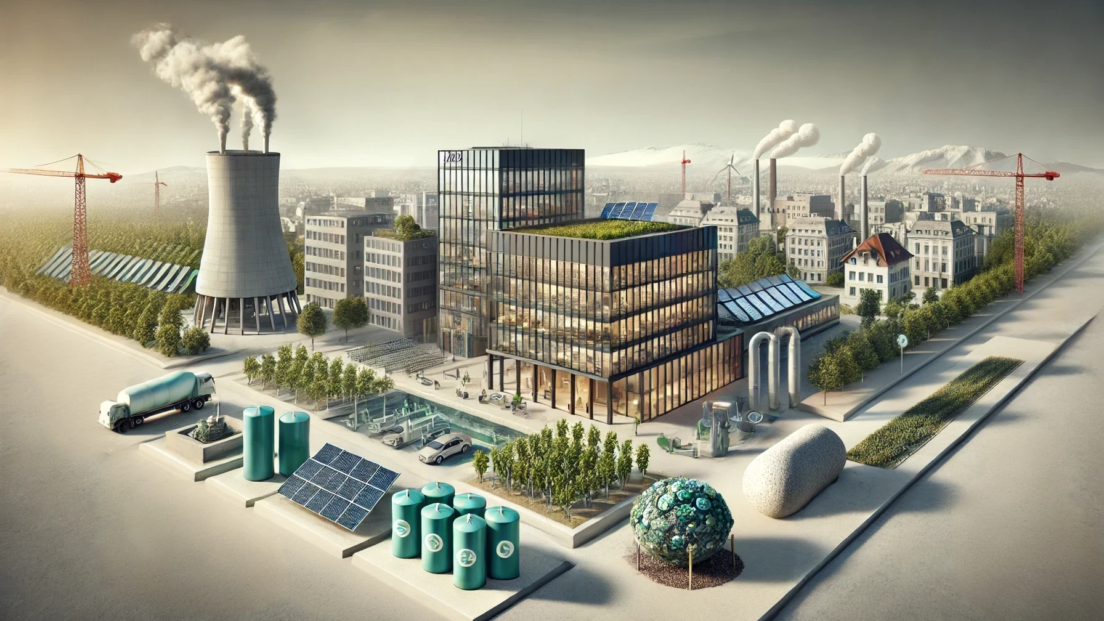Bank aims for net zero by 2030 in its own operations

Die Zürcher Kantonalbank (ZKB) will bis 2030 die Emissionen in ihrem Betrieb auf Netto Null senken. Mit Technologien wie CO2-Abscheidung, Pyrolyse und Speicherung in Beton setzt die Bank auf Nachhaltigkeit und Klimaschutz.
ZKB wants to reduce its operational emissions to net zero by 2030. Since 2010, the Cantonal Bank has already reduced its greenhouse gas emissions by around 70 per cent, explains Marit Kruthoff from ZKB’s Performance Mandate department in an interview on the Cantonal Bank’s blog. The overall goal is to continuously reduceCO2-equivalentemissions(CO2e) and increase operational ecological performance. ZKB aims to limit its operational emissions to a maximum of 1,800 tonnes ofCO2eper year by 2030. ZKB aims to eliminate these unavoidable residual emissions through its removal portfolio. This involves removing CO2 from the atmosphere and storing it permanently in plants, soil, oceans or cement, for example. ZKB is relying “on the combination of the three providers neustark, climeworks and Bioenergie Frauenfeld”, explains Kruthoff. Climeworks, a Zurich-based spin-off of the Swiss Federal Institute of Technology in Zurich, operates plants that remove CO2 directly from the atmosphere and permanently store the CO2 captured from the air. Bioenergie Frauenfeld, based in the capital of Thurgau, uses pyrolysis to produce biochar and gas from wood. The resulting waste heat is utilised as district heating. Neustark from Bern has developed a technology for storing CO2 in demolition concrete. All three companies achieve negative emissions with their technologies. The resulting waste heat is utilised as district heating. Neustark from Bern has developed a technology for storing CO2 in demolition concrete. All three companies achieve negative emissions with their technologies.